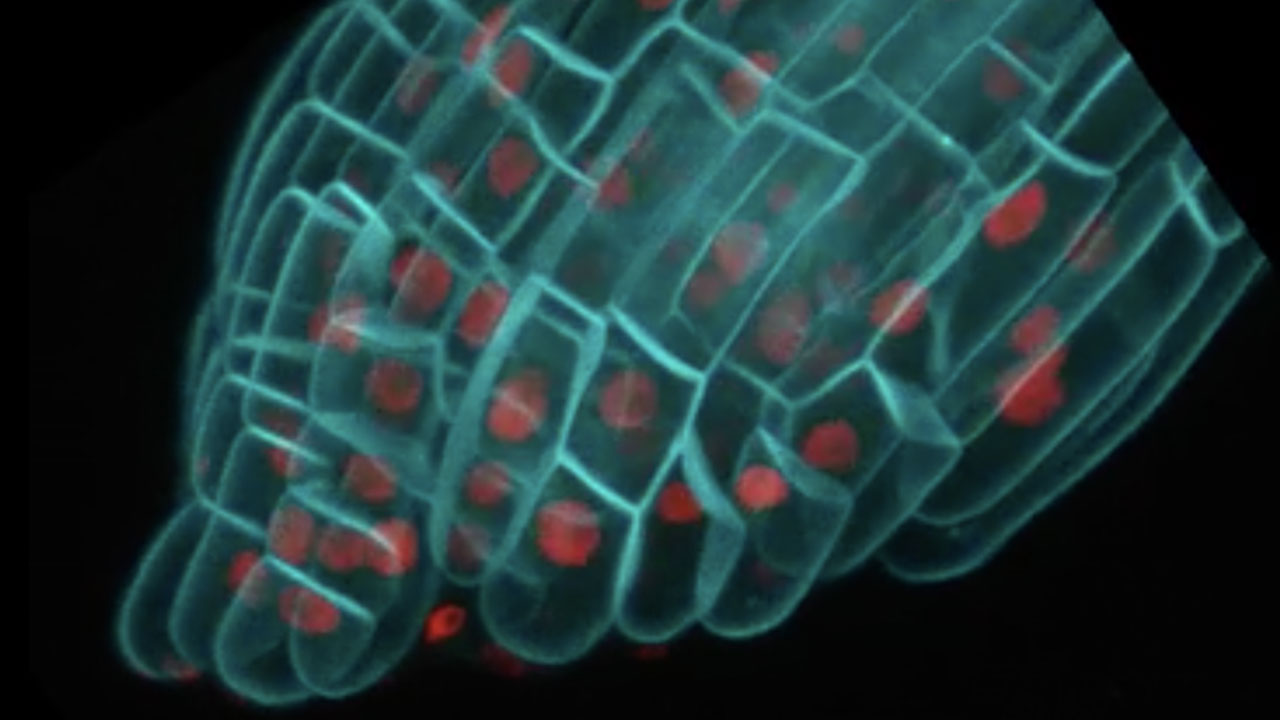
Failed Regeneration
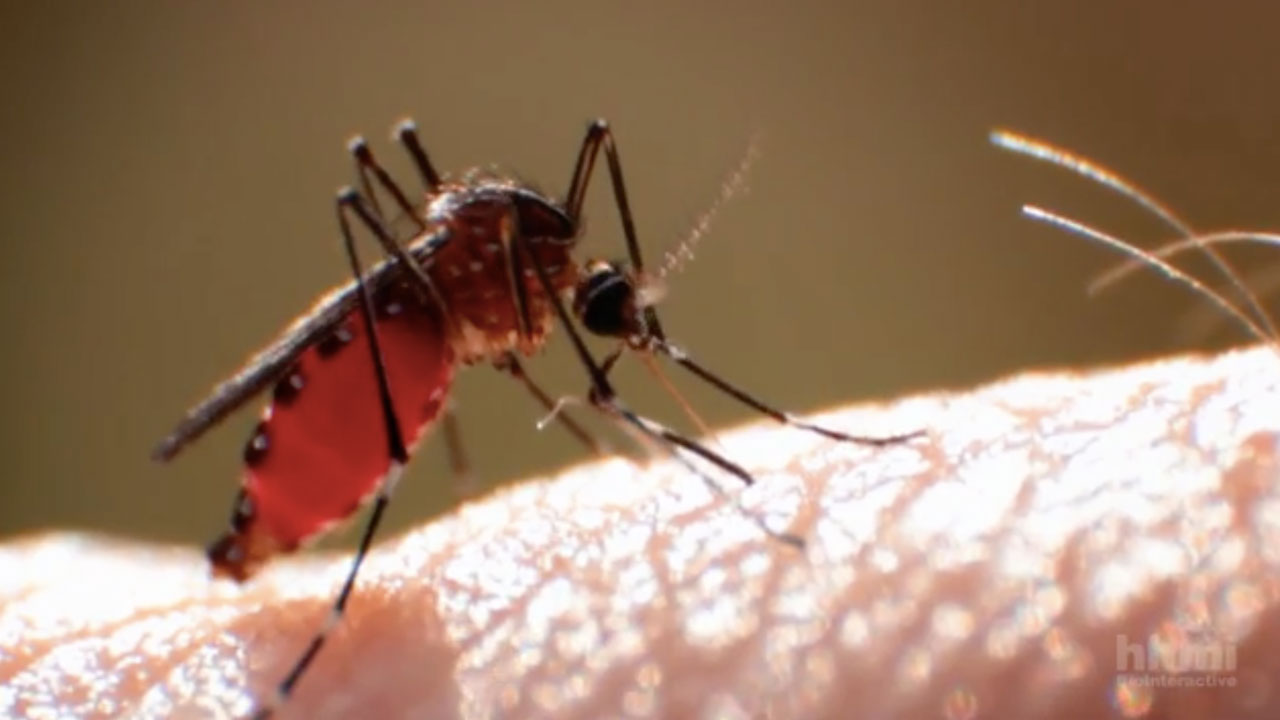
Genetically Modified Mosquitoes

The Making of the Fittest: Natural Selection and Adaptation
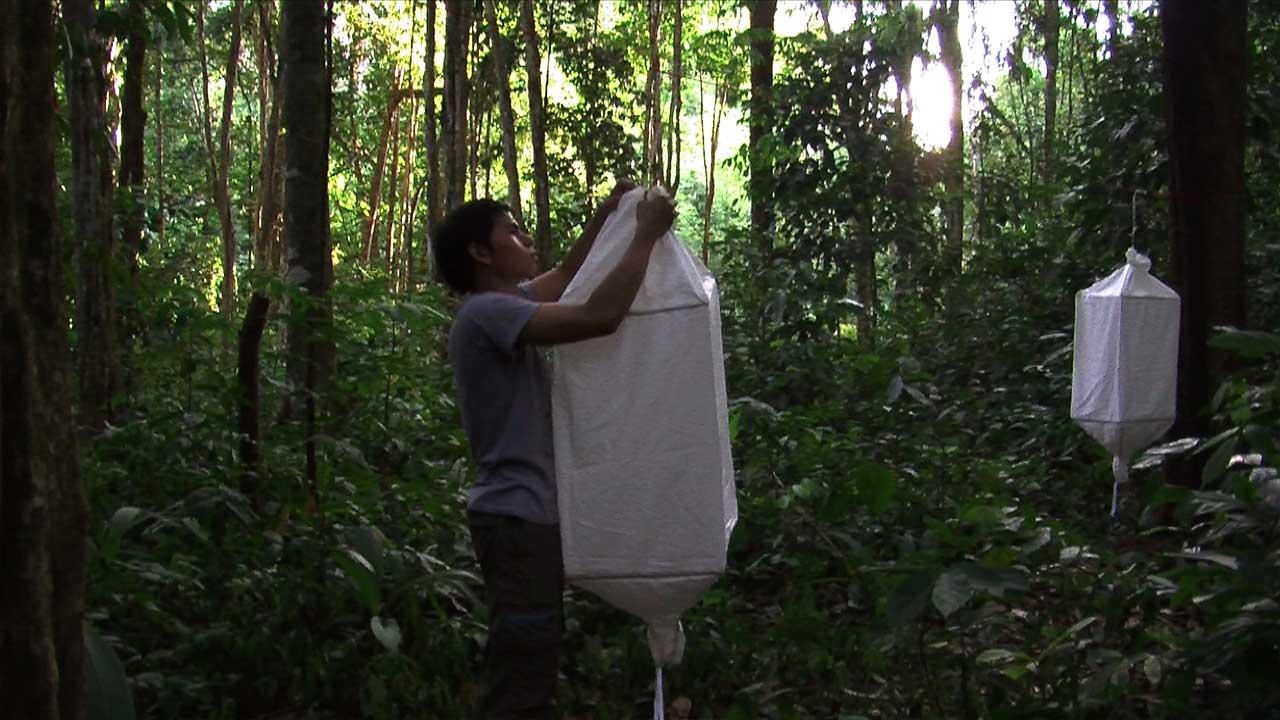
Biosemiotic Borneo
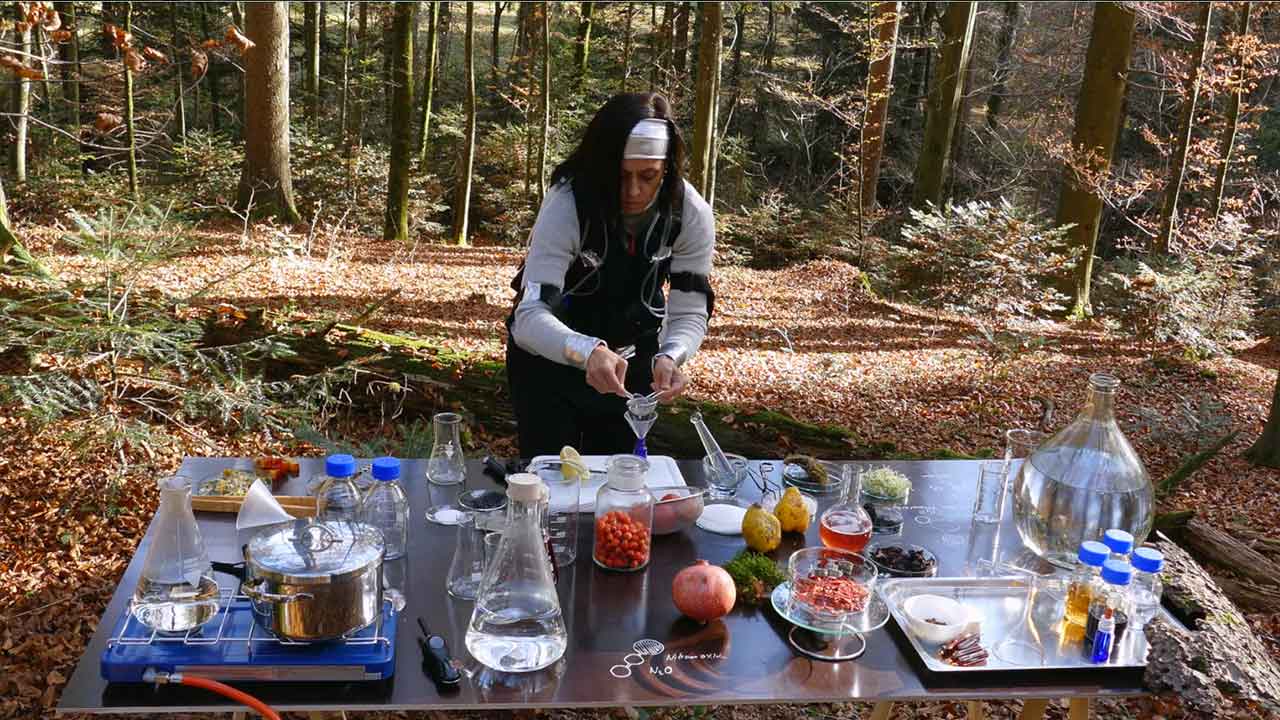
Twenty-One Percent
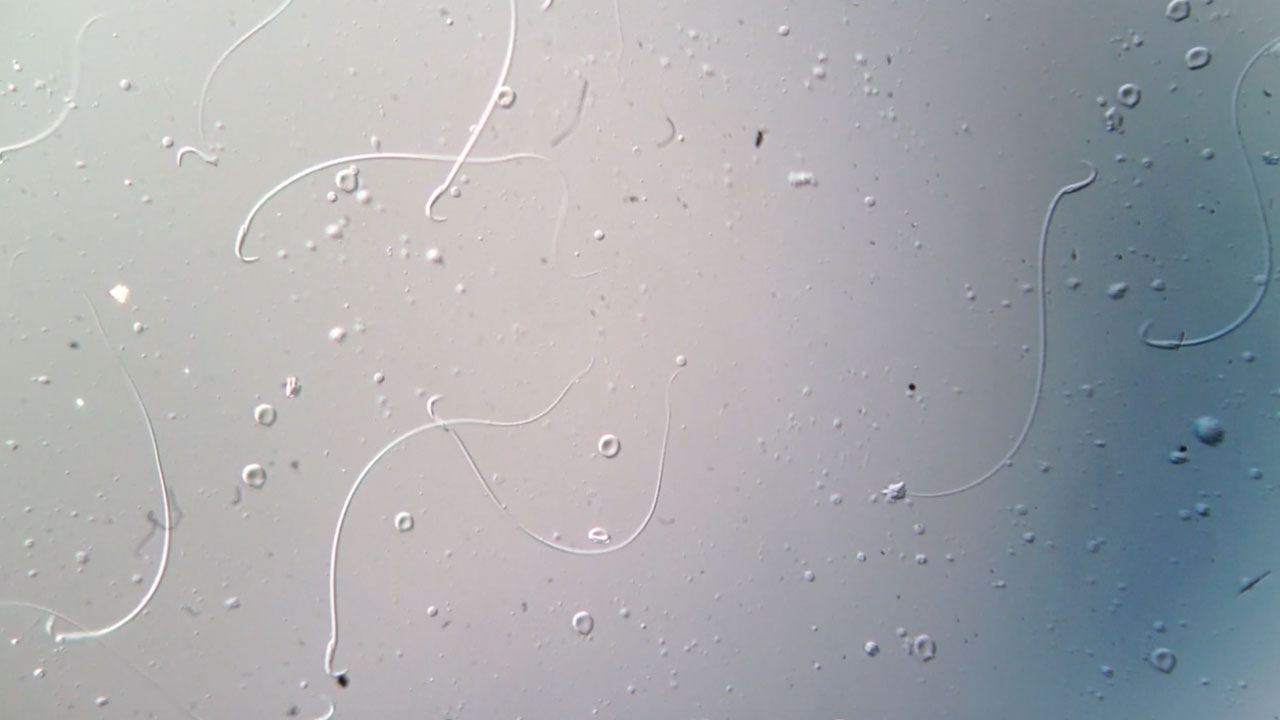
Sperm with hooks
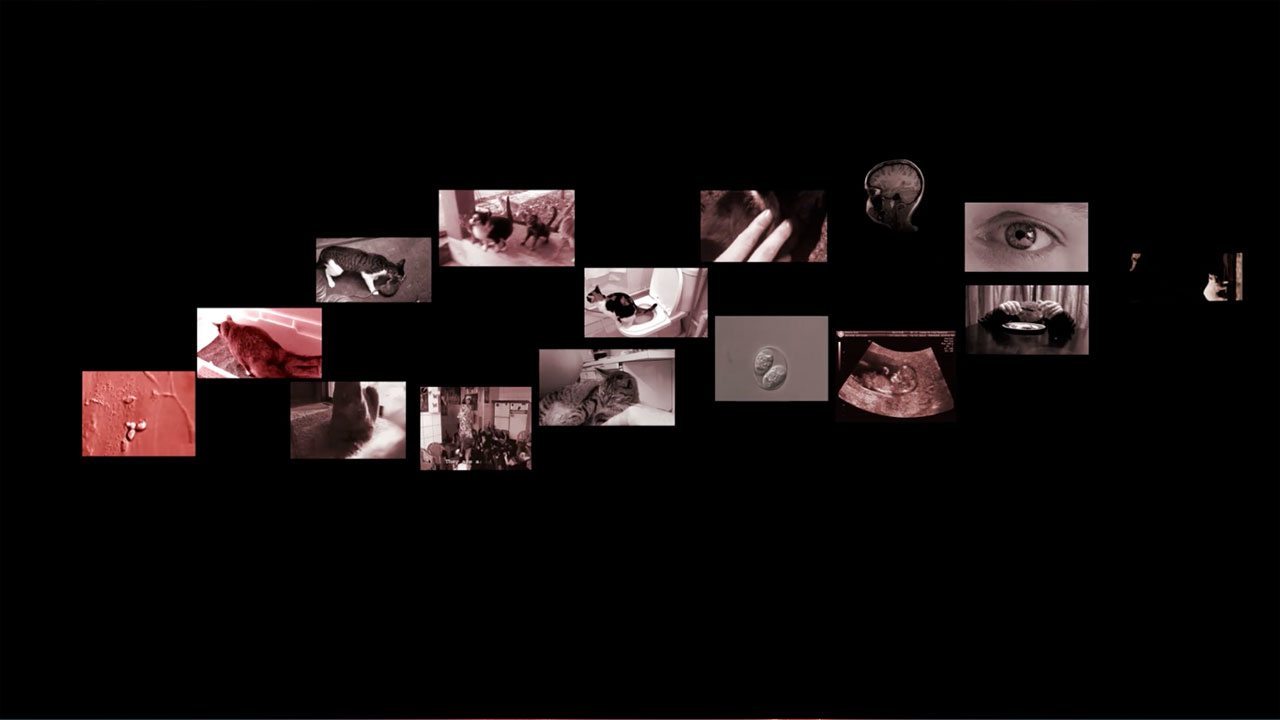
Life Cycle of Toxoplasma Gondii

Heliozoan
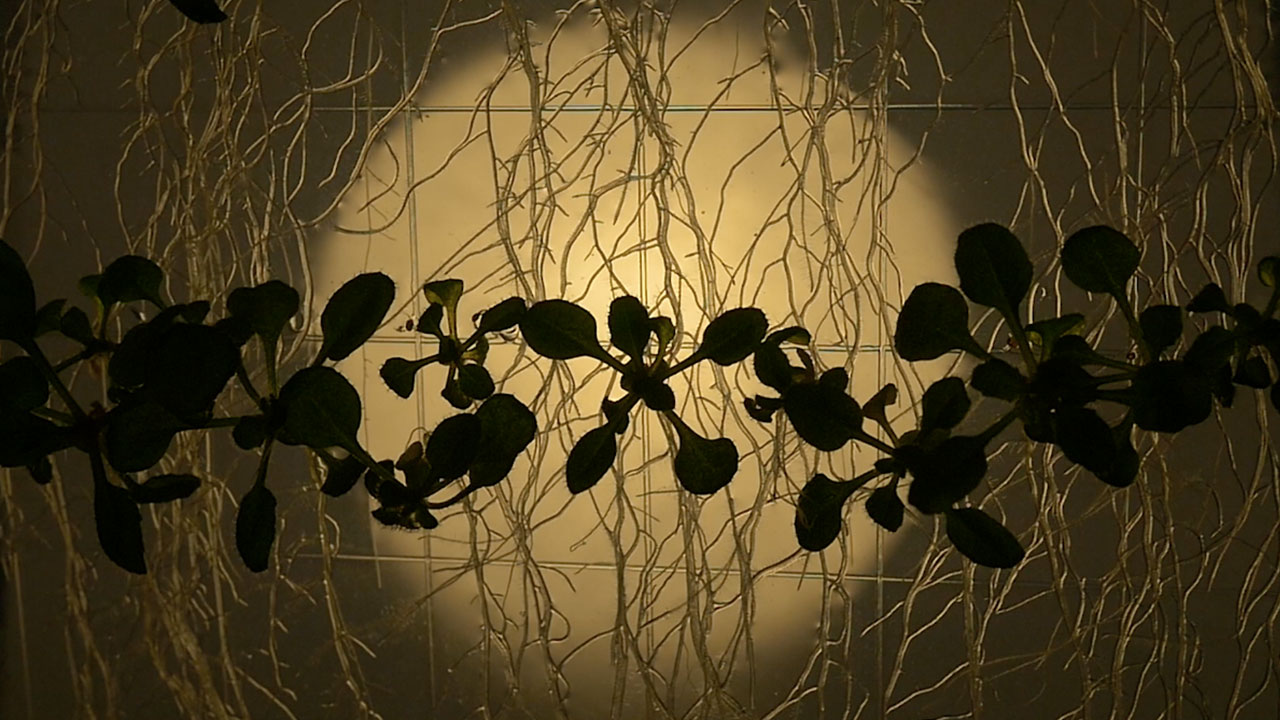
Arabidopsis thaliana

Daughter of Genetics
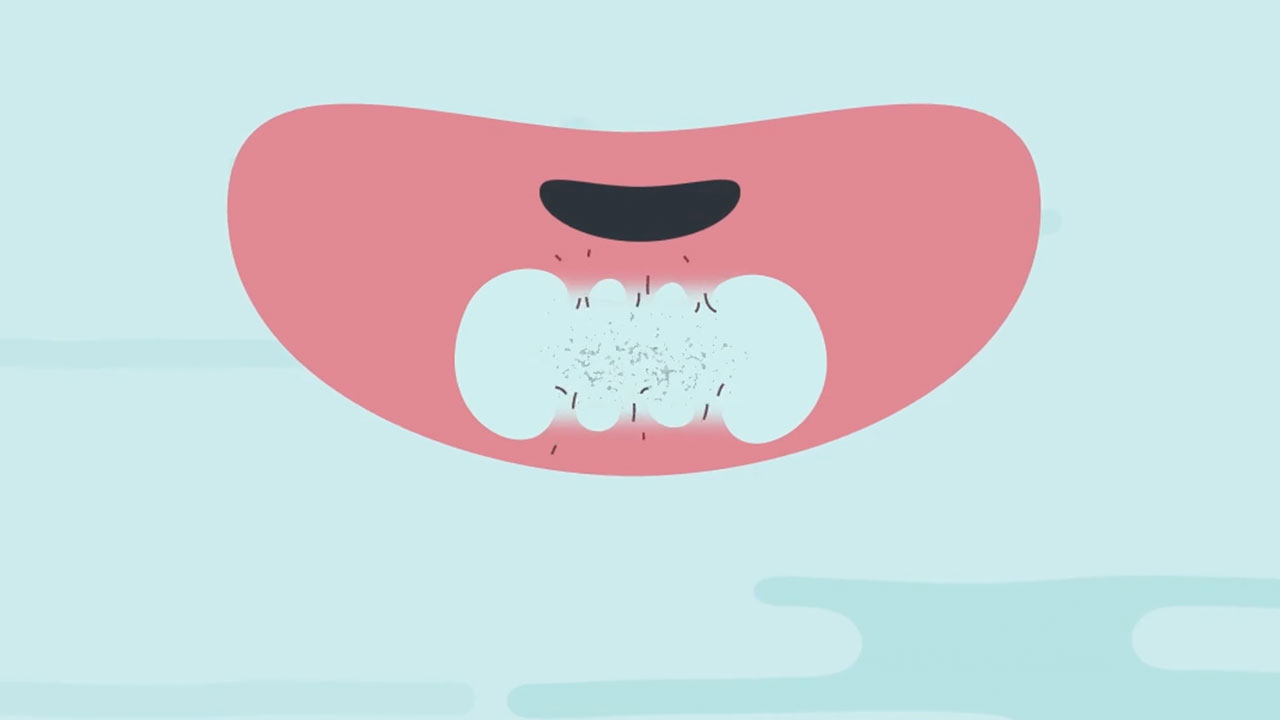
Symbiogenesis
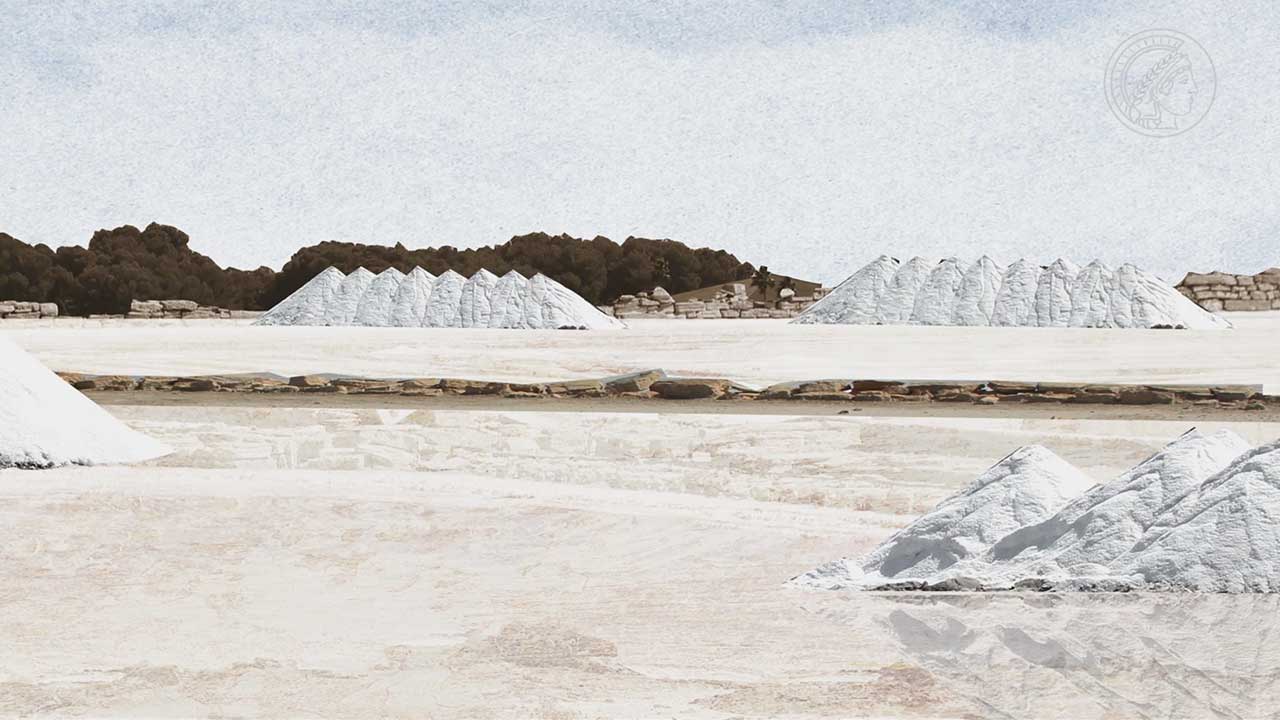
Optogenetics - Light Gets on Your Nerves
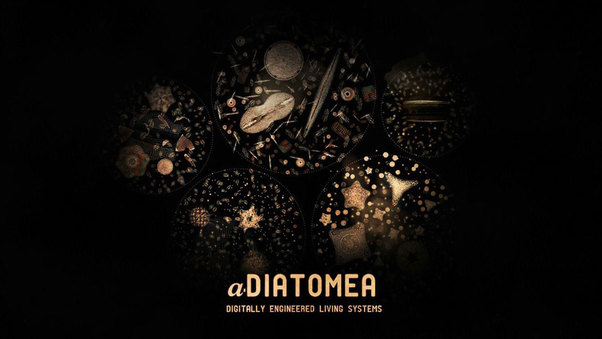
aDiatomea

Scientists Under the Microscope

Primate Cinema: Apes as Family

MEPE
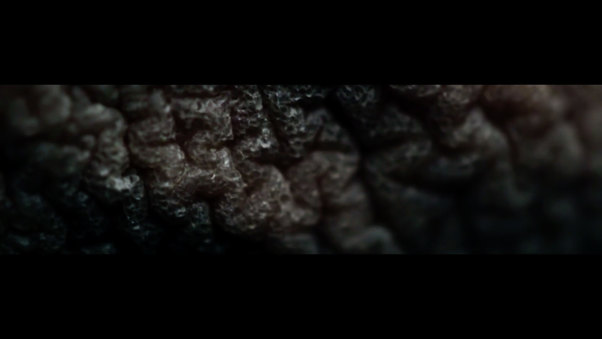
Limbic
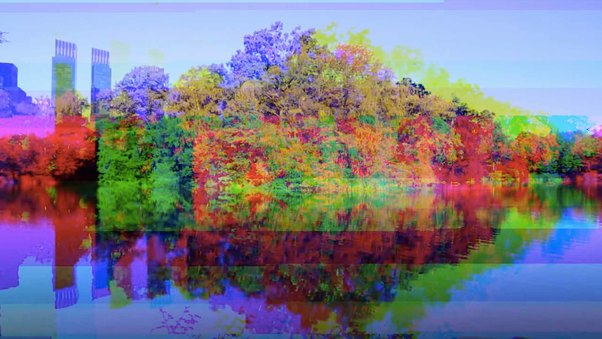
Exchange (2015)
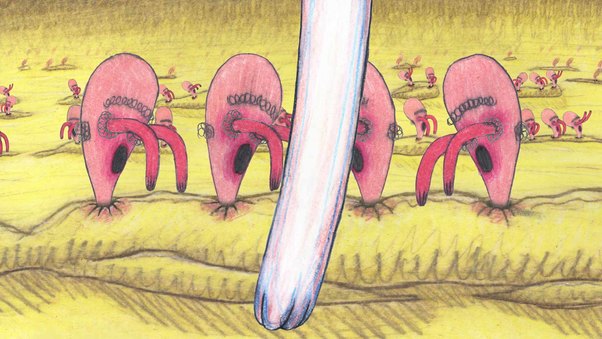
Bottom Feeders
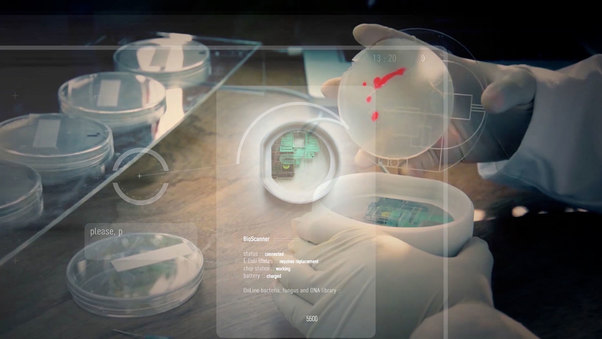
BioFlanneur

Beetle Bluffs
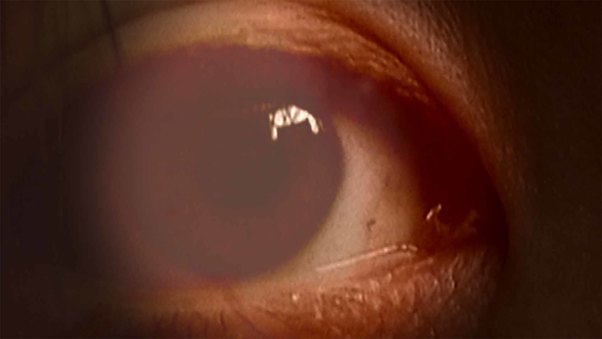
Amygdala (2013)
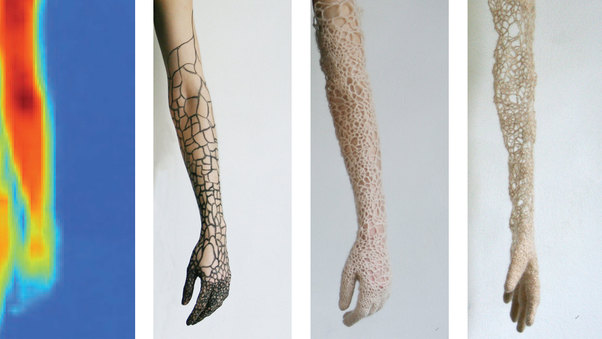
(in)visible (2009)
This week, we’ve developed sample projects for furthering interdisciplinary learning in the classroom. By integrating key science lessons with opportunities for creative analysis and expression, this program is designed to engage students by encouraging critical thinking and participation across academic fields. In these exercises, we examine subjectivity vs. objectivity, scientific representation/visualization, and narrative construction, by referencing the films in our three-part Spotlight series, ‘Adding Film to the Science Syllabus.’
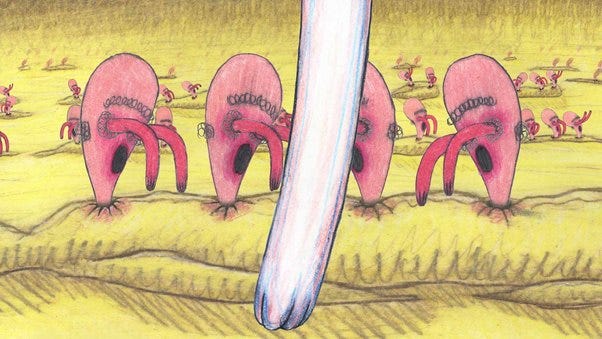
Create your own short film based on one of the biology concepts we’ve covered, using stop motion, archival/lab footage, live action, whiteboard drawings, etc. Be sure to include sounds as well!
How does film allow us to better visualize science? Describe how sound and imagery are used to communicate information in three films.
Compare the cells we see through the microscope to the ways they are represented in textbooks. Illustrate your own version of these organisms
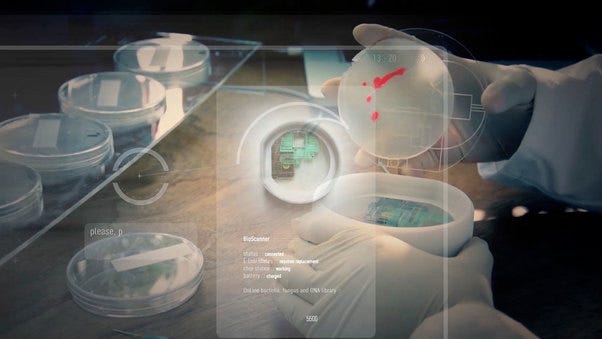
Identify the protagonists and antagonists in three films. How does this help us understand key science concepts?
Describe three non-human “characters” from three films. Are they relatable? Why or why not?
Create a new story by recording your own voiceover for one of the lab footage videos
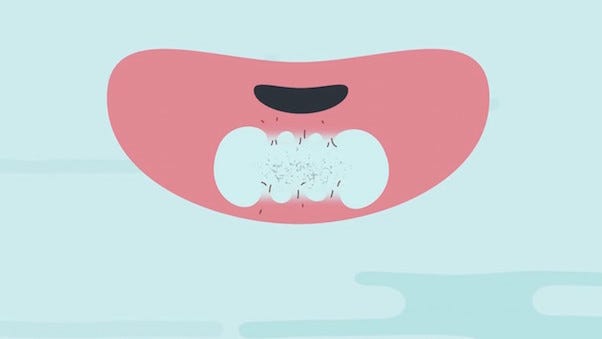
Considered the “ideal,” scientific objectivity is the omission of bias or personal perspective in favor of truth. Is it possible to create an “objective” science film? Why or why not?